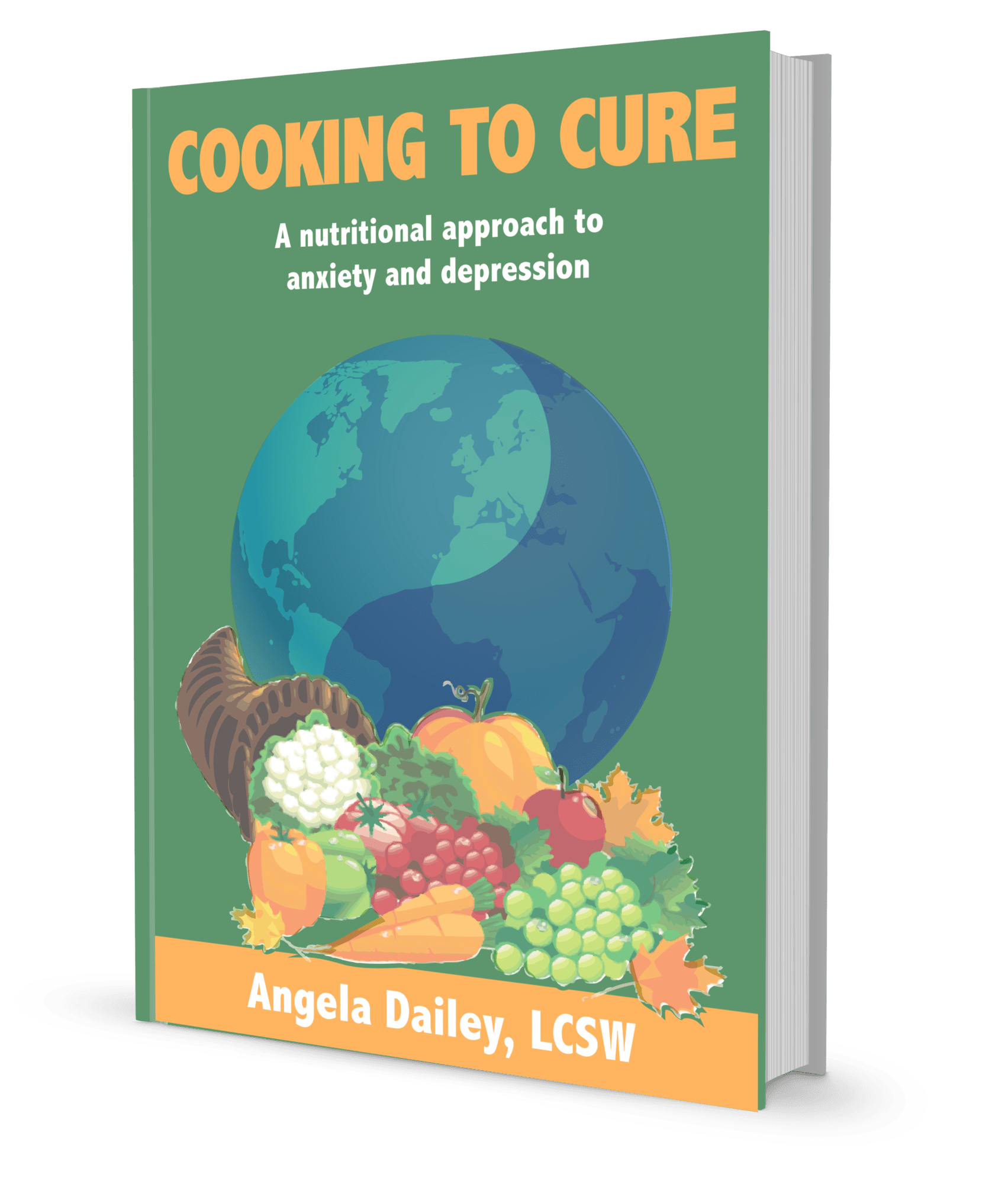I’m a big fan of oatmeal. Oatmeal is high in fiber, which aids in digestion and acts as a prebiotic for good gut health. Gut health has been linked to mental health. Oatmeal is also a good source of zinc, which has antidepressant properties, reduces anxiety and protects the brain from environmental toxins.
When I heard about the “oatmeal breakfast bootcamp” recipe collection at The Watering Mouth, I was overjoyed to see the unique and fabulous oatmeal recipes. More ways to incorporate oatmeal! This inspired me to share my “secret recipe” for Oatmeal Breakfast Sausage.













Recent Comments